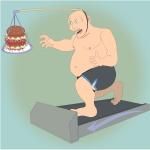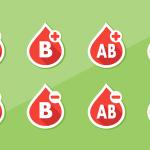“Prostate cancer is not only the most commonly diagnosed cancer among men, but it also carries with it one of the largest racial disparities in outcomes in oncology.”
Disease
At the risk of being accused of grotesque anthropomorphism, I nonetheless maintain that viruses are evil.
Clean air is essentially a negative; it results from everyone not polluting.
Are there symptoms associated with what is being called Long COVID, unique for the long-term effects of this specific viral infection? Or can it follow any viral infection or no infection at all?
Modern medicine has produced many kinds of high-tech miracles, among them gene therapy to correct malfunctioning genes,
The Department of Veterans Affairs is the federal government's second-largest department. As of 2021, it operated approximately 1,600 healthcare facilities, 144 medical centers, and 1,232 outpatient sites of varying complexity.
The findings are from the National Poll on Healthy Aging, a survey of a “randomly selected stratified group” of adults administered by phone or online.
The study involved 20 households in a New York City Housing Authority (NYCHA) building slated for electrification from February to July last year.
Short answer, the blood supply is safe, and the bans now are more individually based and in step with other countries like Canada. Let’s take these one at a time.
The underlying explanation is that deaths of despair signal the end of hope to those Americans who have seen their jobs, homes, and futures vanish due to the forces of globalization and capitalism's hunger for growth at lower and lower costs.












